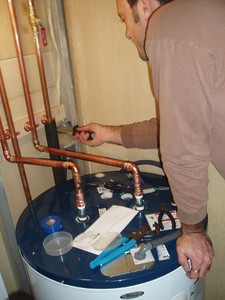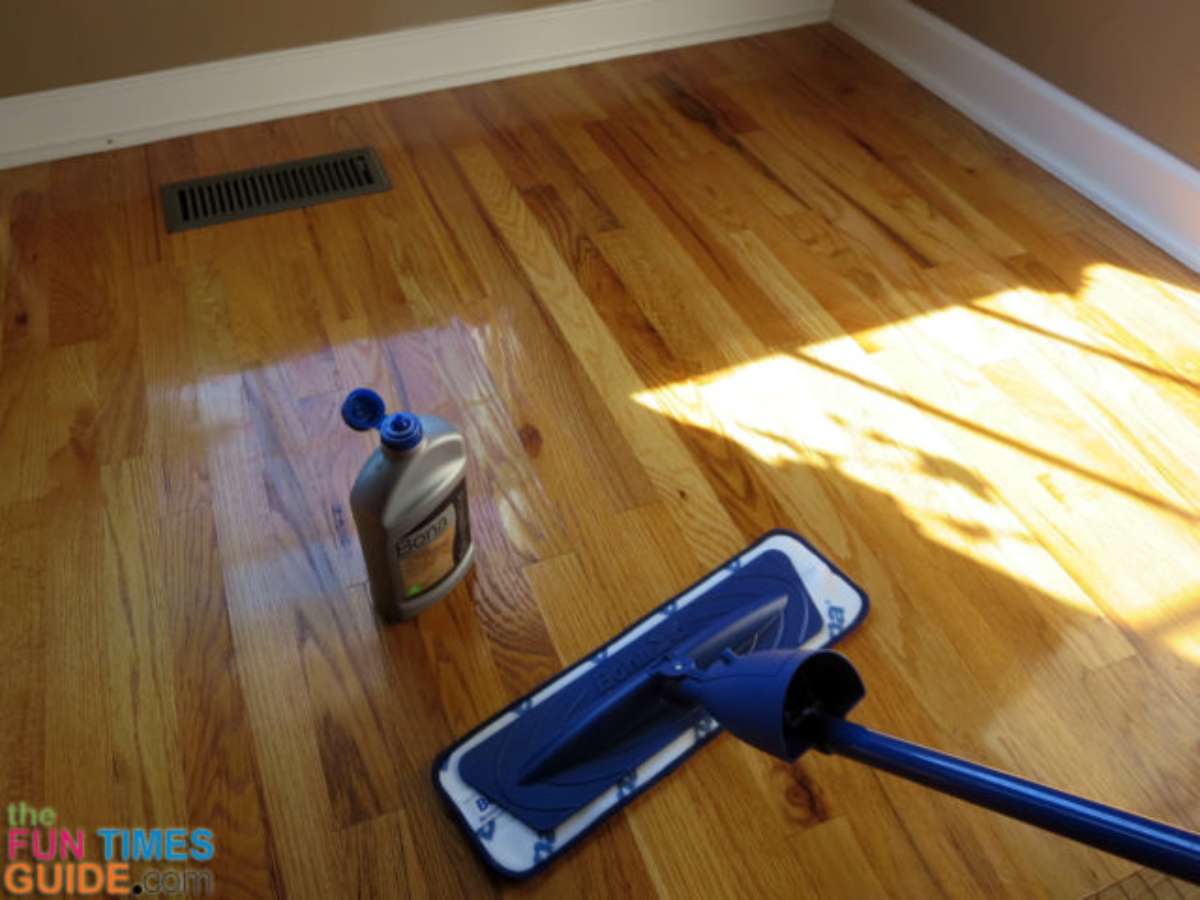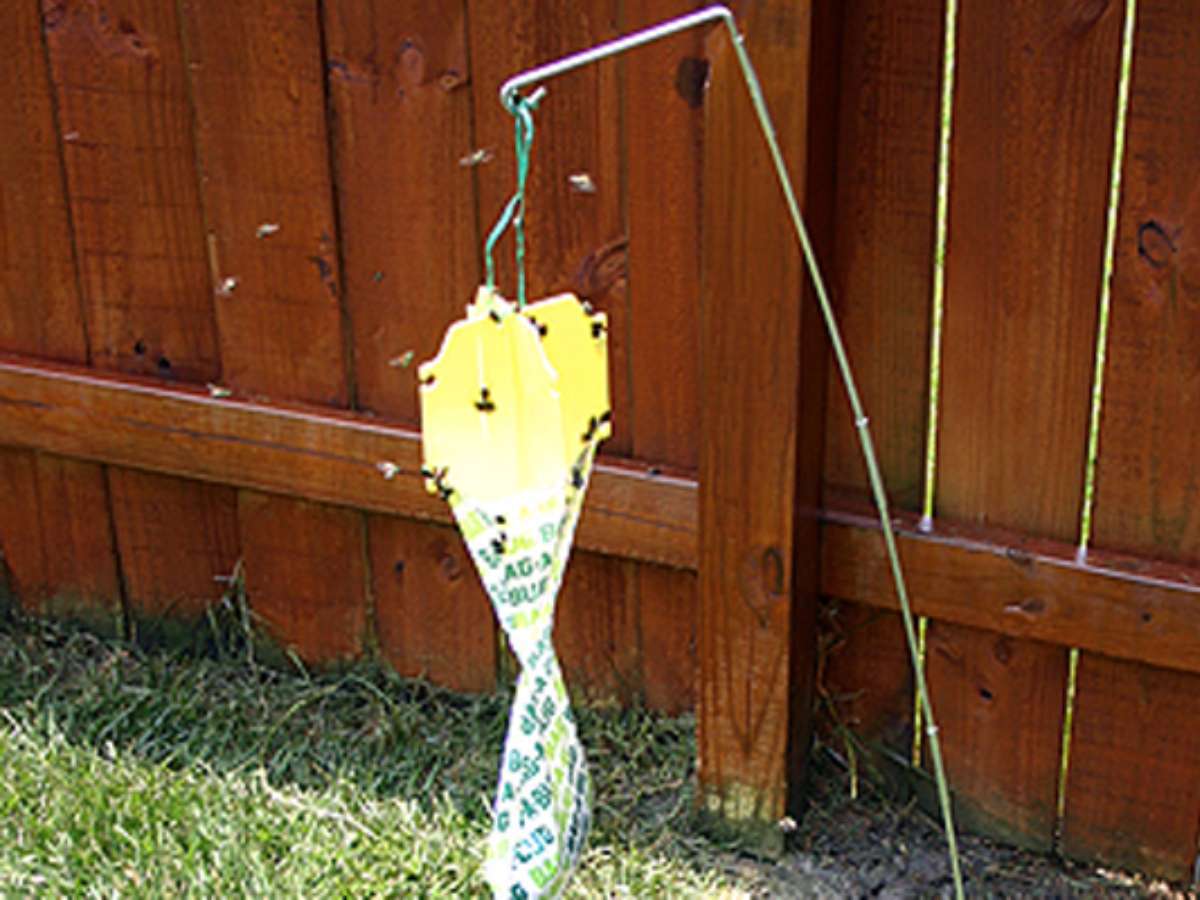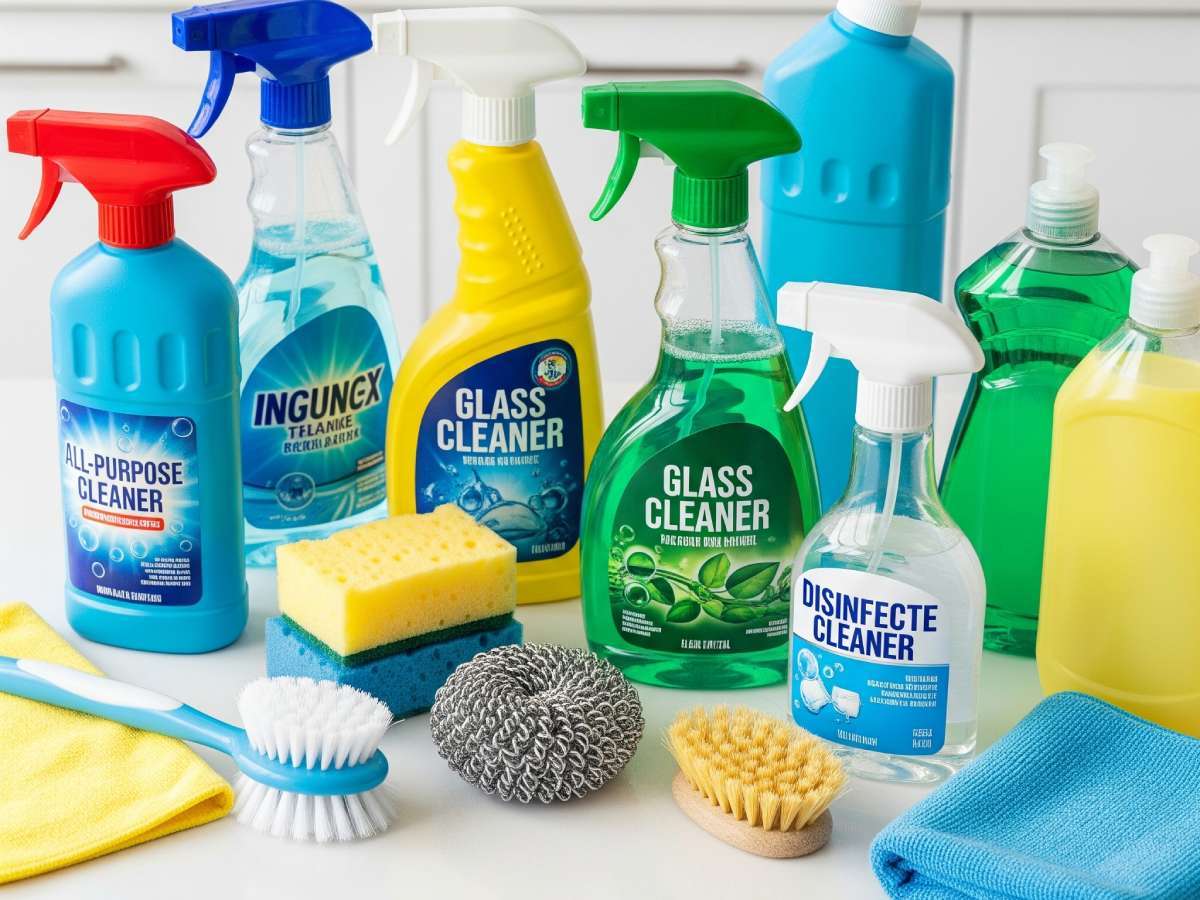 Tankless water heaters are the latest buzz word when it comes to producing hot water efficiently. But they’re not the only way!
Tankless water heaters are the latest buzz word when it comes to producing hot water efficiently. But they’re not the only way!
The best part about a tankless water heater is that it will only fire up when water flow is sensed. No longer will the burner ignite just because your supply of hot water has cooled to a certain temperature — even though no one has opened a faucet. That’s a good thing.
On the other hand, traditional tank water heaters cycle all throughout the day wasting expensive energy. This extravagant waste is even more noteworthy if you spend days away from home traveling — either for work or for pleasure.
In addition to tankless water heaters, there are a number of other ways you can have more efficient and cheaper hot water in your home.
Here are 5 more alternatives that are also worth considering…
Energy-Efficient Hot Water Heaters
#1 Insulation blankets can increase the efficiency of your existing water heater by helping it retain heat, thus reducing the frequency of heating cycles.
#2 Increasing the temperature of the water that enters your water heater is another effective way to reduce your water bill. This can be done in a variety of ways, but the simplest is a tempering tank placed between the water service entrance and the water heater. By bringing incoming water to room temperature before it goes into the water heater, you’ve accomplished half the task of heating it without using any energy. If you place your tempering tank where direct sunlight can warm it, you will save even more!
This video of a homemade tempering tank system also makes use of the exhaust heat from the working water heater to further pre-heat the incoming water.
#3 Adding a solar hot water heater pre-heater to heat the water before it enters the water heater will make use of the sun’s natural energy. It will often heat the water to the point that it will need little or no additional heating when the water moves into the water heater.
#4 Solar water heaters can replace your existing water heater, removing the need for fossil fuel energy consumption altogether. It’s well proven that solar water heaters can work effectively in almost any climate, and they’ll save you 35% of your household running costs.
This video shows how to build your own solar water heater.
#5 One choice I’ve found to be quite a money saver is off-peak electrical heat.
A home I owned back in the early 90’s was built to make use of this energy savings. The water heater system included 2 large water heaters hooked together. One was 100 gallons. The other was 60 gallons. Both were super insulated and equipped with a single heating element.
The home was wired with 2 separate electrical systems and 2 separate electrical meters. Home heating and hot water was fed through its own electrical entrance and was only active between 11pm and 7am. This meant the day’s water supply (160 gallons) was heated during the middle of the night at a much reduced rate per kilowatt.
There was no need for fast recovery. Hence, the reason for only one heating element. An issue I couldn’t seem to get through the head of the home inspector (who was convinced there would be a problem when I went to sell the home) was this: if you used up your hot water supply during the day by taking too many showers, then you were just out of luck until the next morning. I’m here to tell you that was a situation I never experienced — even when washing clothes regularly.
There are many ways to save money, conserve fuel, and still enjoy plenty of hot water in your home.
The time to think energy-saving improvements is now. With many Federal Tax Credits available to homeowners who buy energy-efficient products, it makes sense to let Uncle Sam pick up a good portion of the tab!
More About Energy Efficient Hot Water Heaters



